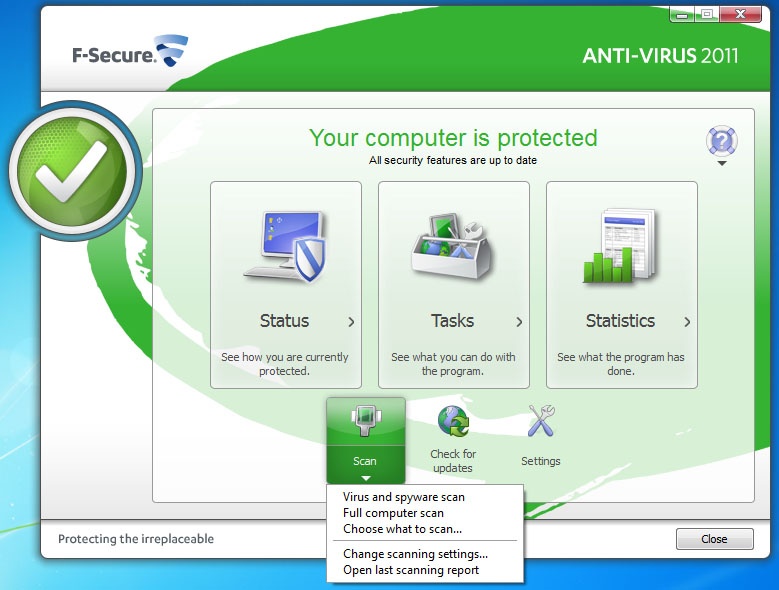...
- When downloading trusted programs (like Java), keep an eye open for any checked boxes that may download "piggy back" programs during installation.
- If you receive an email with very little text, like "Check this out!" or "Look at these!" with a crazy link, this is likely a virus. DO NOT click it, just delete the email immediately.
- The same goes with social media - any posts with unusual pictures or applications you have to install are likely viruses that will spam people. Some common taglines for spam are "Find out who is following you on Facebook" or "Watch this video, it is awesome!" Stay aware.
- File sharing programs like BitTorrent and Pirate Bay install a huge amount of spyware and viruses. It's like opening the back door and inviting these malicious programs into your hard drive. Whatever you are downloading, it's not worth it. Avoid them! Not to mention, most file sharing is illegal.
- Attachments - if an email comes with an attachment you did not ask for or is not expected, delete the email. DO NOT open the attachment - delete the email. Legitimate attachments can be resent.
- If a browser or instant messenger pops up and asks you to download or install software, it is probably not a good idea to install it
- Make sure your data is always backed up in case of a virus: see Backing Up Your Data
F-Secure Antivirus
F-Secure Antivirus is the virus detection software Drew University provides to students. This software continuously monitors your computer for malicious files. It will eliminate any threats that it finds on its own, but it is also important to check for updates and run scans manually on a regular basis.
...
